Villa measure protecting tenants from retaliation passes Senate
- Details
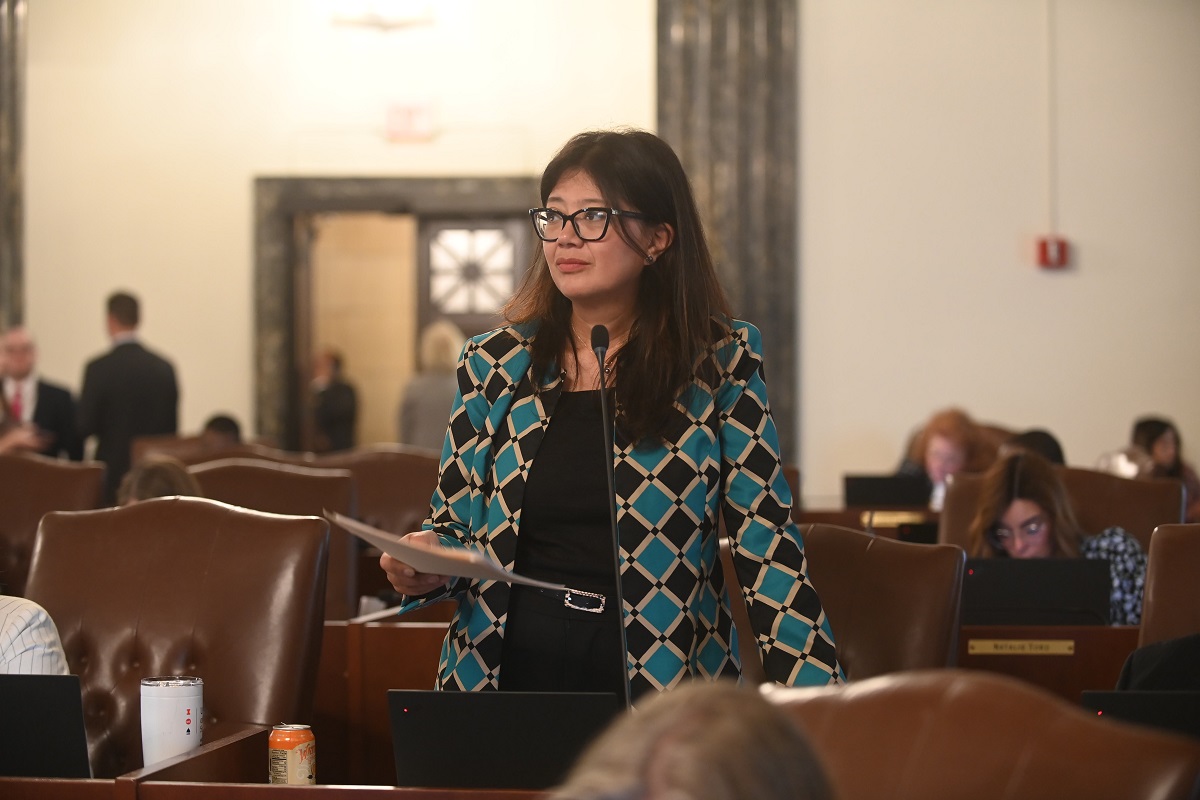 SPRINGFIELD – A measure championed by State Senator Karina Villa aiming to protect tenants from different forms of landlord retaliation passed the Senate on Wednesday.
SPRINGFIELD – A measure championed by State Senator Karina Villa aiming to protect tenants from different forms of landlord retaliation passed the Senate on Wednesday.
“With fear of retaliation, tenants would rather stay in inadequate living conditions than speak up – this cannot continue,” said Villa (D-West Chicago). “Tenants spend their hard earned money on rent. At minimum, they should be confident when taking actions to ensure that their home is properly maintained.”
House Bill 4768 would protect tenants from a landlord who knowingly terminates their tenancy, increases rent, decreases services, brings or threatens a lawsuit or refuses to renew a lease after a tenant sought assistance to ensure their housing was safe and habitable.
Read more: Villa measure protecting tenants from retaliation passes Senate
Collins legislation to require insurance coverage for all pregnancy related services
- Details
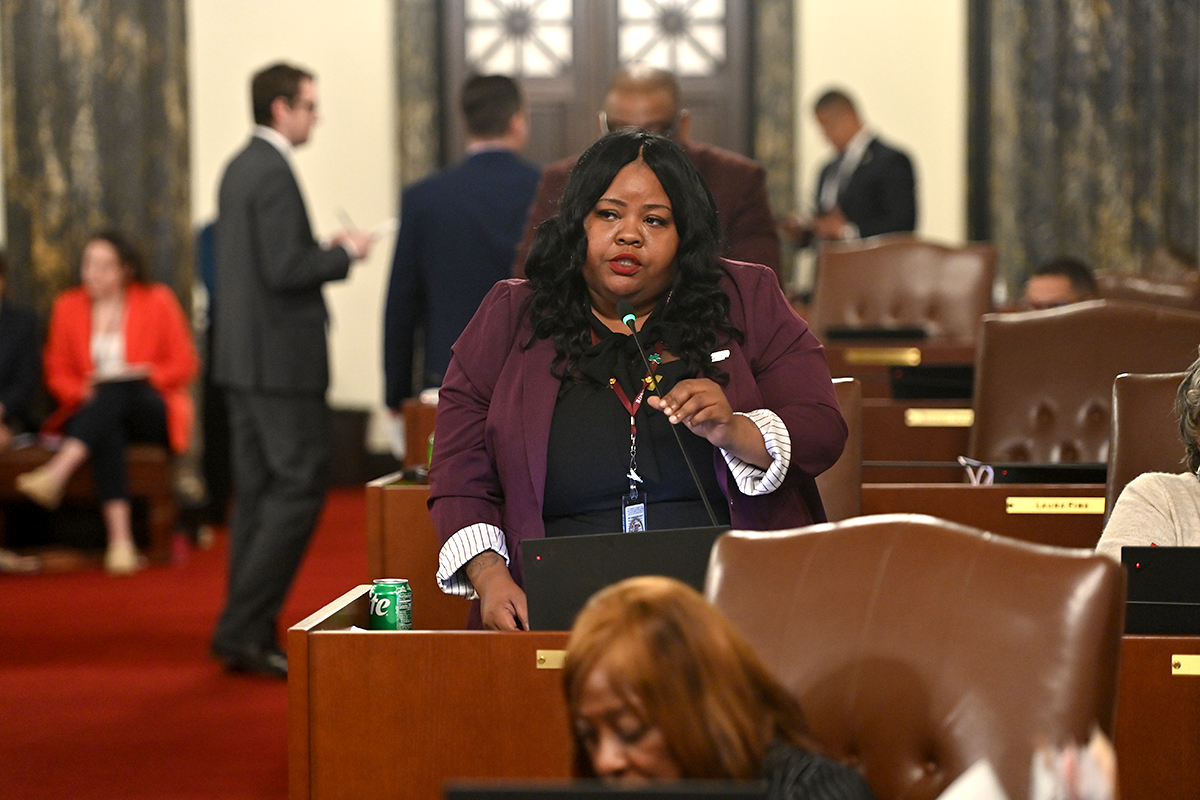
SPRINGFIELD – Leading the charge to address disparities in maternal mortality rates in Illinois, State Senator Lakesia Collins is spearheading a measure to expand coverage for pregnancy, postpartum and newborn care provided by doulas and midwives.
“As a mom, I know how necessary pregnancy and midwife services are and how vital it is to lower the maternal mortality rate by ensuring mothers and newborns have the best health care and supports possible,” said Collins (D-Chicago). “Black women face some of the highest mortality rates during and after pregnancy, and with this legislation, we will begin to close gaps in coverage and increase safety and care for all newborns and mothers in Illinois.”
Under Collins’ legislation, private insurers would be required to cover all pregnancy, postpartum and newborn care provided by perinatal doulas or licensed certified professional midwives, including home births, home visits and support during labor. Insurance companies would need to cover home visits by board-certified lactation consultants, including the cost of recommended breast pumps, breastfeeding supplies and feeding aids.
Read more: Collins legislation to require insurance coverage for all pregnancy related services
Villivalam measure to expand protections for workers
- Details
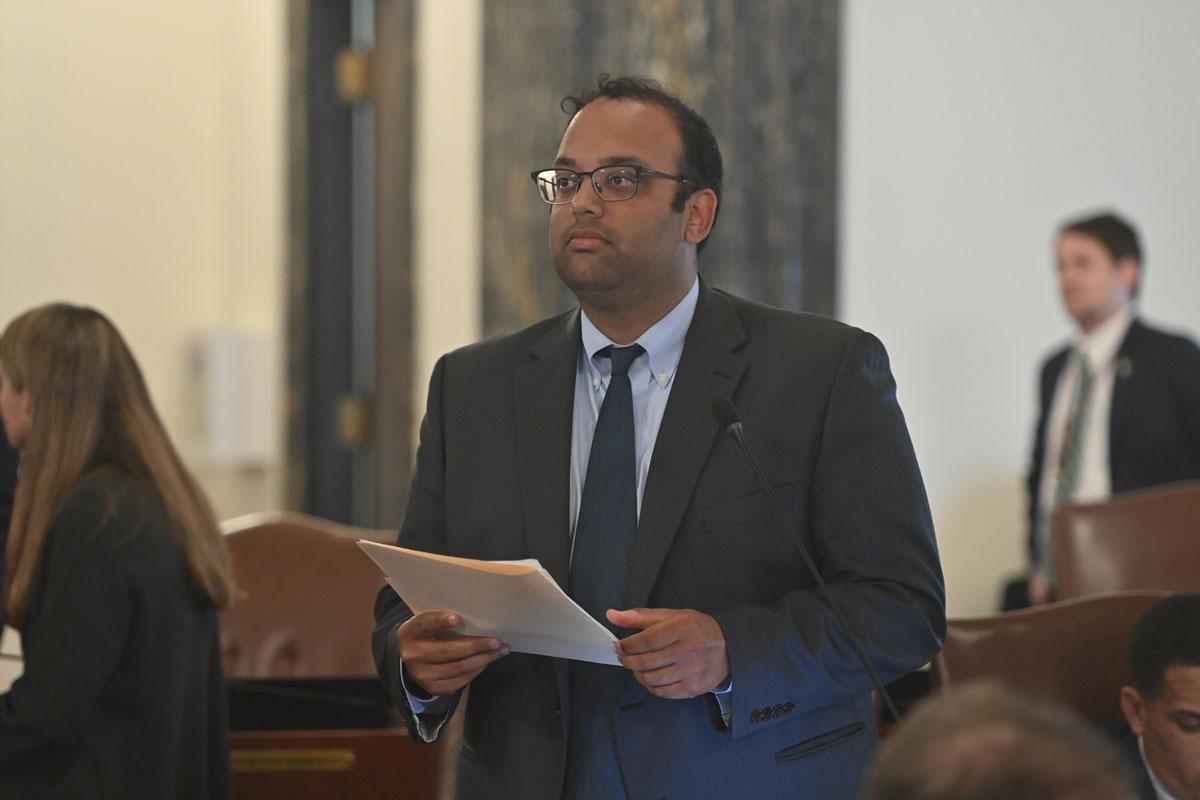 SPRINGFIELD - State Senator Ram Villivalam is leading the charge in expanding the list of documents an employee can request from an employer, and how they can do so.
SPRINGFIELD - State Senator Ram Villivalam is leading the charge in expanding the list of documents an employee can request from an employer, and how they can do so.
“Making sure that workers have necessary protections is important to prevent possible retaliation,” said Villivalam. “That’s why expanding the options for what documents they can request, and how they can request them, is vital.”
This measure would expand the list of documents an employee can request such as documents used to determine qualification of employment, contracts that are legally binding to the employee, handbooks, and any written employer policies or procedures.
Read more: Villivalam measure to expand protections for workers
Johnson passes measure to ensure housing resources for students
- Details
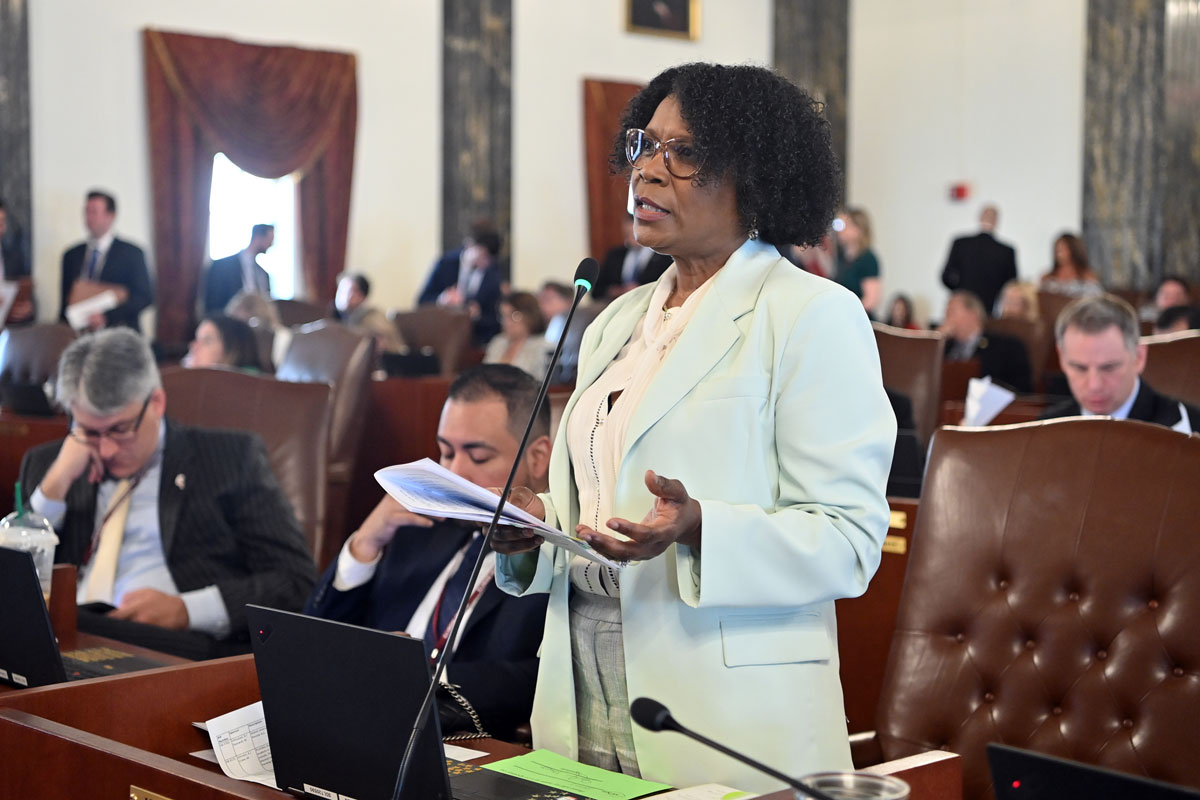 SPRINGFIELD – State Senator Adriane Johnson championed a measure to ensure students have the housing and resources they need to succeed.
SPRINGFIELD – State Senator Adriane Johnson championed a measure to ensure students have the housing and resources they need to succeed.
“Students deserve adequate shelter and transportation. It is crucial for their physical and emotional well-being,” said Johnson (D- Buffalo Grove). “Moreover, when basic needs are met, parents are more likely to engage with their child's school activities, attend meetings, and support their educational journey.”
Read more: Johnson passes measure to ensure housing resources for students
More Articles …
Page 166 of 735


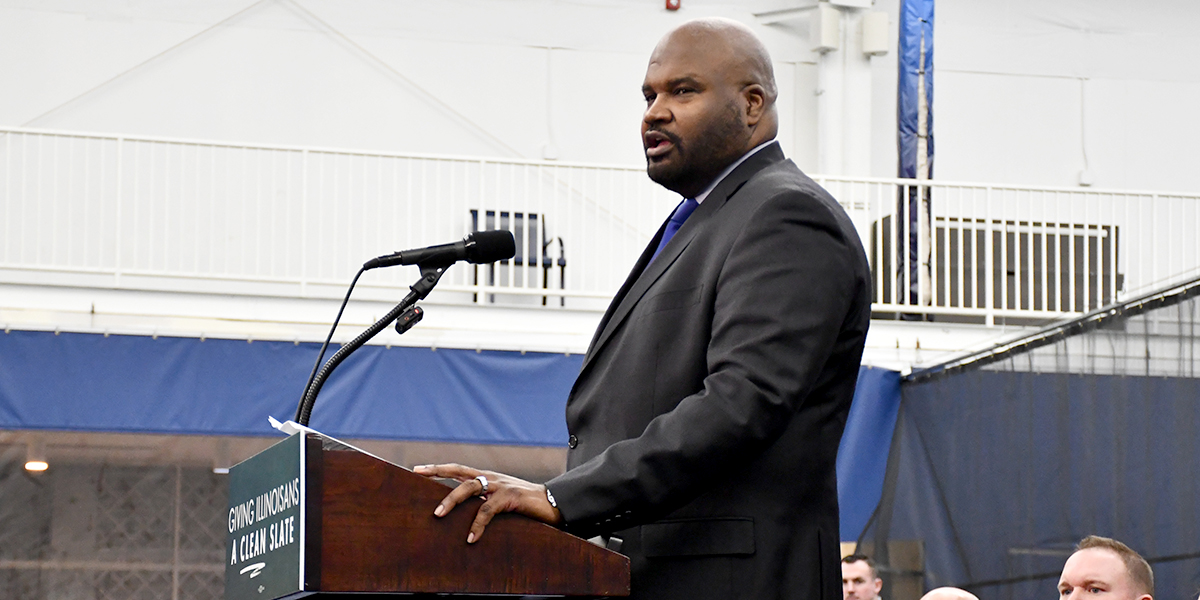
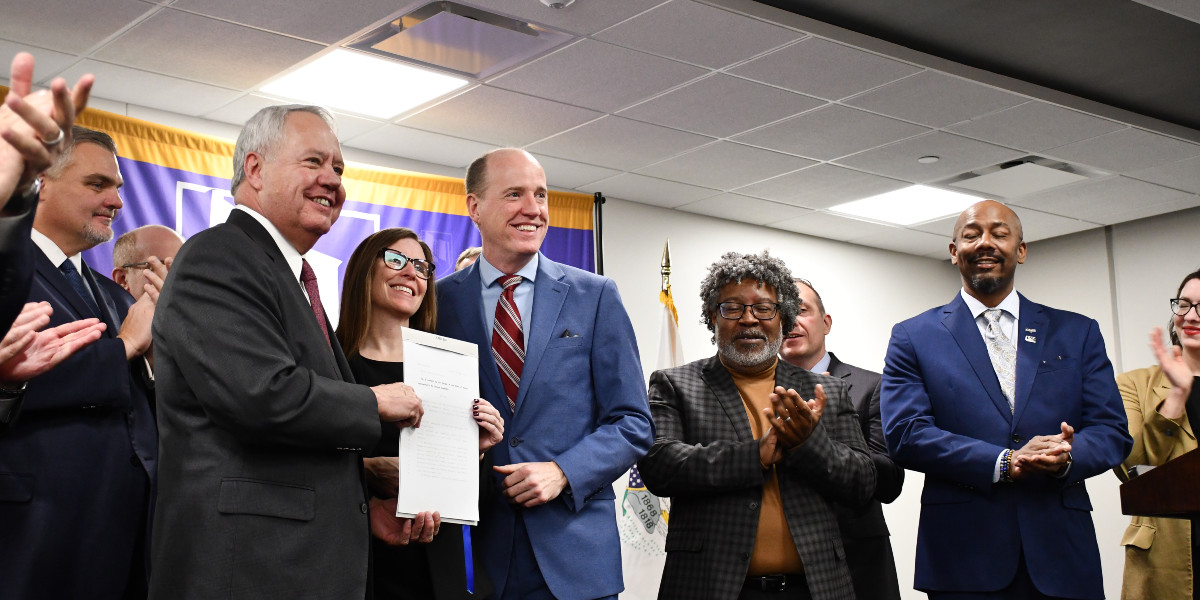
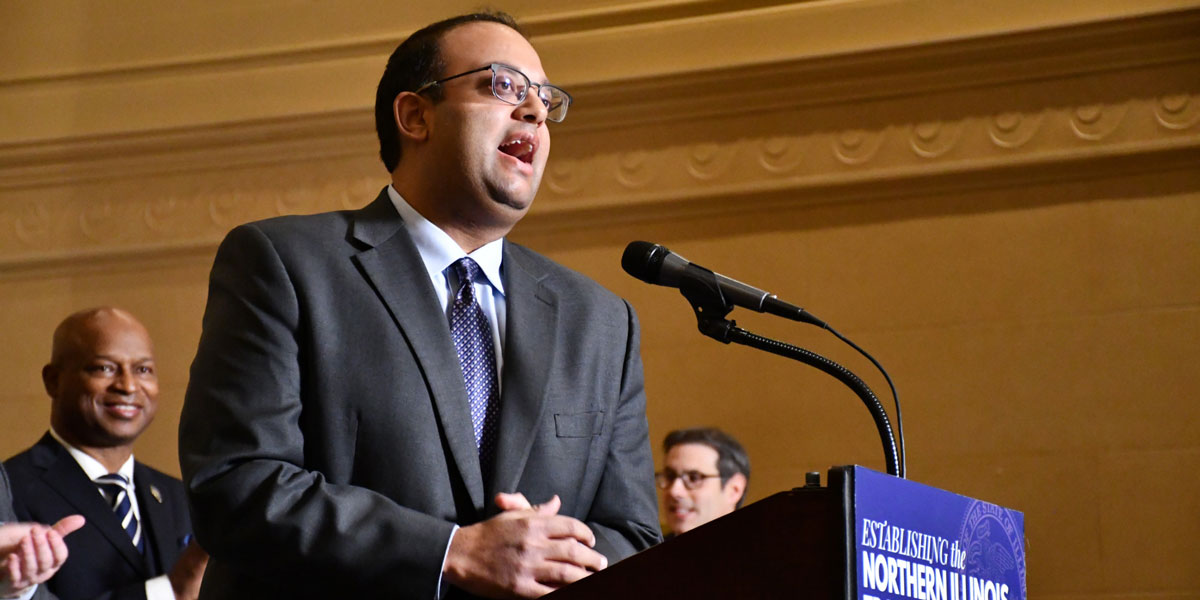
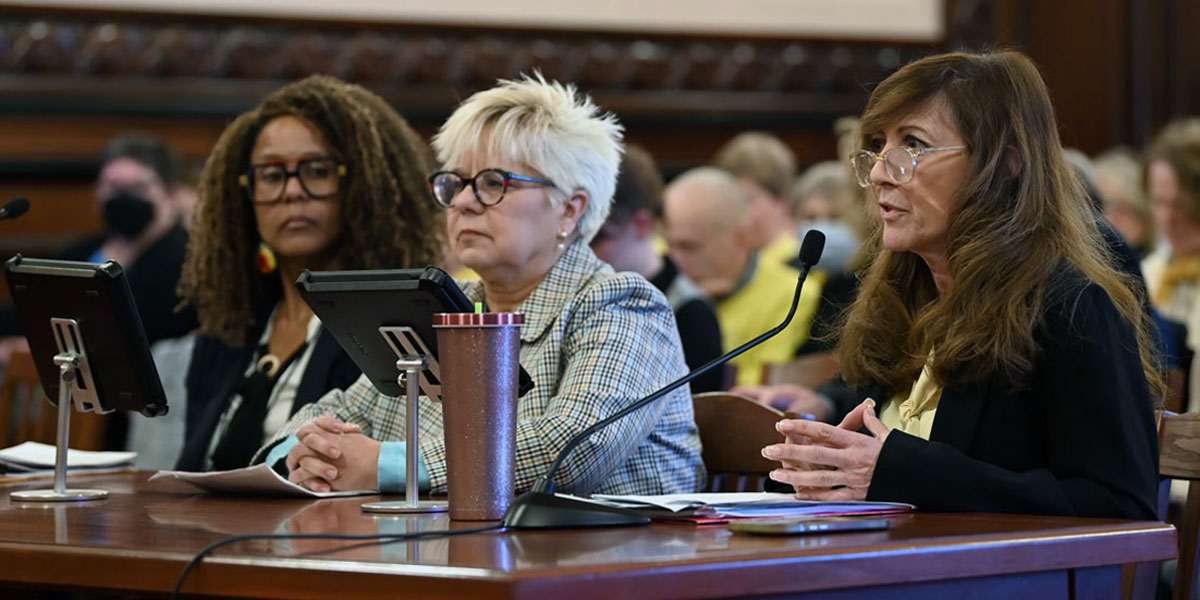


















 © 2026 Illinois Senate Democratic Caucus
© 2026 Illinois Senate Democratic Caucus